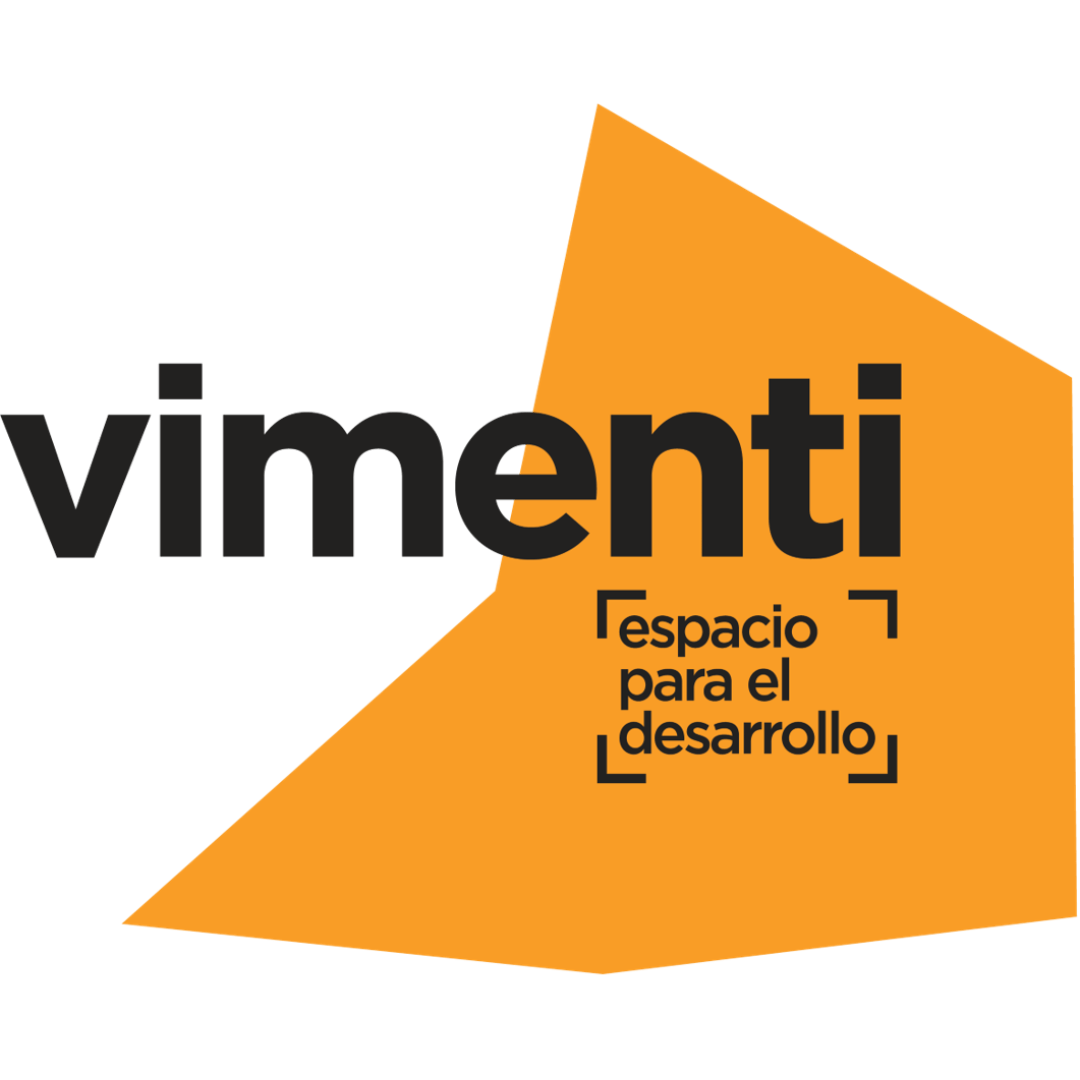
For over six decades, poverty in Puerto Rico has been a persistent issue, affecting 57 percent of children across the Puerto Rican archipelago. Living in these conditions means lacking access to quality education, healthcare services, decent jobs, and adequate transportation. The misconception that people in poverty do not want to work and prefer to rely on assistance is disproven by reality. Many of these families are trapped in generational cycles of poverty due to a fundamental lack of access to opportunities across multiple generations.
The Two-Generation Model is a strategic and innovative approach that seeks to address poverty and inequality comprehensively, focusing on the well-being of both children and their parents. Unlike traditional models that only target one generation, this approach acknowledges the interconnection between children's development and their families' circumstances, particularly regarding education, employment, and health. This model is inspired by programs like Head Start and has evolved through institutions such as the Aspen Institute, which has an extensive international network of partners.
Since 2018, Vimenti has been implementing this model in Puerto Rico, providing vulnerable families with opportunities for economic mobility. In just six years, we have managed to reduce unemployment by 13 percent and lower poverty levels by nine percent among participating families. Forty percent of Vimenti parents reported an increase of more than $1,000 in their monthly income for the 2023-2024 fiscal year compared to their first year receiving services from the center.
This model has proven its effectiveness, improving educational and employment conditions for families while supporting students' academic success and overall development. Implementing systemic solutions to address systemic problems like poverty is essential, and the Two-Generation approach represents a significant step toward a more equitable and just society for all.
